
In this newsletter:
QUBES News
- Featured QUBES Partner of the Month: Biodiversity Literacy in Undergraduate Education (BLUE)
- QUBES Fall 2019 Faculty Mentoring Networks - Applications now open!
- Two Carthage College professors make the campus news for publishing a resource featured in the Resource of the Week
- A Washington Post article about teaching students how to call bull features a QUBES team member and a 2017 QUBES/BioQUEST Summer Workshop speaker
- The QUBES/BioQUEST Summer Workshop is happening this week. Follow along on social media!
News from QUBES Partners
- Participate in an NSF Survey on the future of undergraduate STEM education
- SABER Discipline Based Education Research Scholars in Training (DBER-SiT) special interest group to host Twitter-based online Q & A sessions
- Gateways 2019: Early-bird rates until August 8; register by Sept. 9
- The North Carolina State University State Biotechnology Program is hiring a Teaching Postdoctoral Scholar in molecular biology
- The National Ecological Observatory Network (NEON) has job openings for several positions
- Registration is now open for the 20th Annual Conference on Case Study Teaching in Science presented by the National Center for Case Study Teaching in Science
Featured QUBES Partner of the Month: Biodiversity Literacy in Undergraduate Education (BLUE)

QUBES partners with organizations and groups who are doing exciting things in undergraduate education. Every so often we select one of these partners to feature in our newsletter to raise awareness of their work, celebrate recent activities, and announce upcoming opportunities.
This month’s featured QUBES partner is Biodiversity Literacy in Undergraduate Education (BLUE). BLUE is a Research Coordination Network in Undergraduate Biology Education (RCN-UBE) that focuses on incorporating biodiversity science and data skills into the undergraduate curriculum. Learn more about BLUE at BiodiversityLiteracy.com.
There are a several ways QUBES users can get involved with BLUE:
Explore BLUE Teaching Materials
BLUE has developed a variety of teaching materials designed to develop students’ biodiversity and data literacy skills. Explore the modules posted on the BLUE website and the BLUE group on QUBES, one of which was featured as a QUBES Resource of the Week.
Connect with BLUE
Complete this Google Form or join the BLUE listserve: BLUE-L@LISTS.UFL.EDU if you'd like to stay in touch, learn more about BLUE activities, or become active in BLUE initiatives.
Participate in the BLUE Faculty Mentoring Network (FMN)
BLUE, in partnership with iDigBio (via the Education and Outreach Working Group), and QUBES, is offering a unique networking and professional development opportunity for teaching faculty interested in incorporating real natural history collections data into their lessons and data literacy skills into their curricula. Applications are due July 22, 2019. Please visit https://qubeshub.org/community/groups/blue2019 for additional information and instructions on how to apply.
QUBES Fall 2019 Faculty Mentoring Networks - Applications now open!
QUBES offers professional development opportunities for educators called Faculty Mentoring Networks (FMNs). The list of Fall 2019 FMNs is now available! We highlighted 2 FMN opportunities in last month’s newsletter. This month, we are sharing an additional 4 FMN opportunities that have August application deadlines. Read about them below and apply today!
Genome Solver - Faculty Training in Basic Bioinformatics FMN
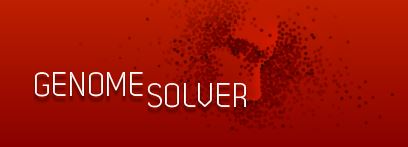
Are you feeling underprepared to deliver bioinformatics content to your students? Not sure how to develop lessons and implement them in the classroom? Are you looking for a Classroom-Based Undergraduate Research Project that you and your students can get involved in? Are you interested in microbial genomics? Then Genome Solver is the place for you!
We will teach you some basic tools and resources, all available for free, and most available on the web. We'll take a look "under the hood" to explain how the tools work, but no coding or scripting is required. This entry-level course can get you started in bioinformatics with a friendly community. Apply by August 1. Visit https://qubeshub.org/groups/gsfmn
Agent/Individual-Based Modeling FMN
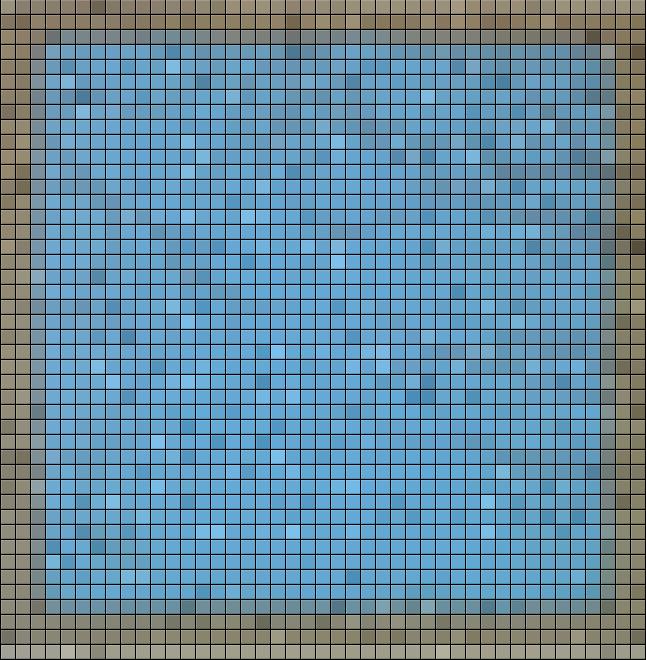
Do you teach a modeling course, and want to include agent-based models (traditionally called 'individual-based models' in ecology), but don’t have a lot of experience with them yet? Would you like an approachable way to introduce math-phobic students to real modeling in your intro or ecology course? Join the Agent/Individual-Based Modeling Faculty Mentoring Network (FMN)! This professional development opportunity will include biweekly meetings this semester to learn core ABM concepts and how to implement them in Netlogo, and then collaboratively writing, revising, peer-reviewing, and sharing your own new course modules that expose students to those core concepts. Apply by August 16. Visit https://qubeshub.org/groups/abmfmn2019
Teaching with R in Undergraduate Biology FMN
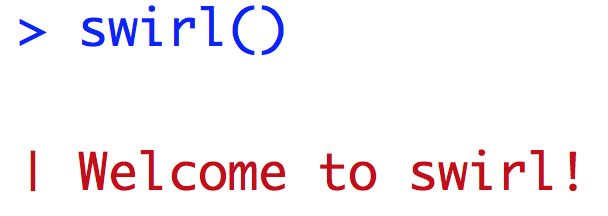
This opportunity is intended for undergraduate biology instructors with prior R programming experience who are interested in learning ways to teach R effectively to students with little to no programming experience. Participants will focus on developing, implementing, and sharing modules for teaching statistical and biological concepts in R with Swirl. Swirl lessons simplify the R learning process by providing a guided, interactive experience through on-screen prompts and exercises which students answer directly in the RStudio console. Participants will learn the Swirl program, implement one existing Swirl lesson, contribute one new lesson and will leave the FMN with >10 ready-to-use Swirl lessons covering diverse biology and data analysis concepts. Apply by August 16. Visit https://qubeshub.org/groups/teaching_r_fmn_2019
Project EDDIE FMN: Teaching Quantitative Reasoning and Scientific Concepts with Data FMN
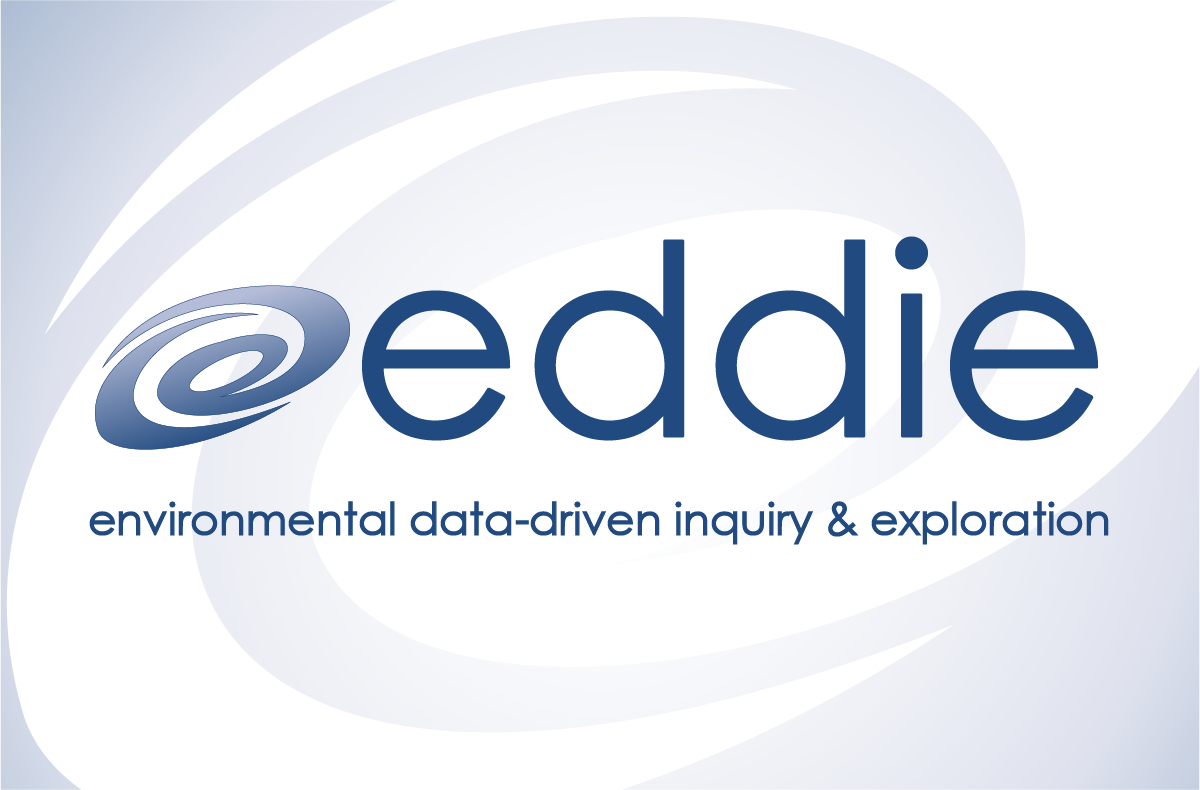
Are you interested in teaching quantitative reasoning and looking to include data exploration in your classroom? Apply now to join the Project EDDIE FMN that will bring together faculty interested in implementing Project EDDIE (Environmental Data-Driven Inquiry and Exploration) teaching modules that address quantitative reasoning and scientific concepts using environmental data.
Project EDDIE modules address quantitative reasoning and scientific topics spanning environmental disciplines (e.g., ecology, limnology, geology, hydrology, climate change, and environmental sciences) with a flexible structure to fit all teaching situations. Participants in this FMN will focus on how to use EDDIE modules in their undergraduate courses by participating in biweekly virtual sessions to collaborate with and support others in the network and receive mentoring. Participants will leave the FMN with modules available for implementation in multiple classroom settings, access to a network of peers, and an instructor story to share their experience about adapting and implementing an EDDIE module in their classroom. Apply by August 16. Visit https://qubeshub.org/groups/eddiefmn
Two Carthage College professors make the campus news for publishing a resource featured in the Resource of the Week
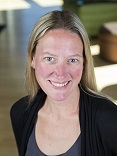 
Carthage professors Angela Dassow (left) and Sheryl Konrad (right).
The Resource of the Week (ROW) is a weekly feature at QUBES that highlights an outstanding educational resource that can be found in the large collection of open education resources (OER) that are freely available on QUBES. Carthage professors Angela Dassow and Sheryl Konrad were recognized for the educational resources they developed during a QUBES Faculty Mentoring Network (FMN) in a recent article in Carthage College news. They are the authors of “How Many More Thymes & Herbivore Defense”, which was featured in the ROW, and “The Polar Bear of the Salt Marsh? Warming Tolerance Limits of Local Species”. Both resources are adaptations of case studies that the authors created while participating in the Making the Case: Using Case Studies to Increase Quantitative Biology Skills FMN.
Congratulations, Angela and Sheryl! If you received media coverage related to a QUBES sponsored activity, we’d love to hear about it. Let us know to help us track our success!
A Washington Post article about teaching students how to call bull features a QUBES team member and a 2017 QUBES/BioQUEST Summer Workshop speaker
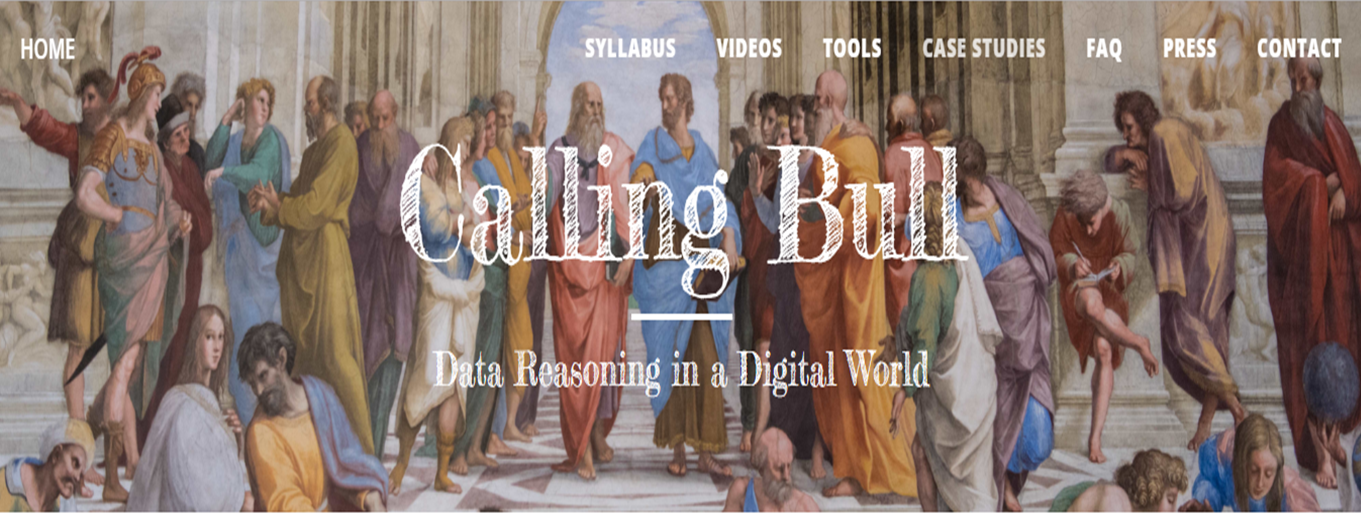
A recent Washington Post article describes, “Calling Bull”, a popular course designed to help students identify and call out misinformation. The course was developed by University of Washington professors Carl Bergstrom, who was a speaker at the 2017 QUBES/BioQUEST Summer Workshop, Making Meaning through Modeling: Problem solving in Biology, and Jevin West. The course was adapted for an introductory programming course by QUBES team member Carrie Diaz Eaton. Diaz Eaton’s course also made campus news at Bates College, her home institution.
Check out “Calling Bull” featured in the Resource of the Week (ROW). If you are interested in implementing this course to teach critical thinking, analytical skills, and how to construct an argument, go to https://callingbullshit.org/ or find materials for both the adapted course by Diaz Eaton and the original course by Bergstrom and West in the collection of open education resources (OER) that are freely available on QUBES.
The QUBES/BioQUEST Summer Workshop is happening this week. Follow along on social media!

The 2019 QUBES/BioQUEST Summer Workshop, “Evolution of Data in the Classroom: From Data to Data Science” is going on this week at the College of William and Mary in Williamsburg, VA. Participants in this workshop will explore how to build on the ways data is currently used in classrooms to introduce students to appropriate data science practices. If you are not able to attend this workshop, be sure to follow QUBES and BioQUEST on Twitter and Facebook and keep up with the hashtag, #QBioEd19.
Also be sure to check back later on the workshop website where you will find posters and session materials presented at the workshop along with recordings of presentations. Also, if you haven't done so already, you can subscribe to receive upcoming QUBES Newsletters where we will be sharing highlights from the summer workshop.
Participate in an NSF Survey on the future of undergraduate STEM education
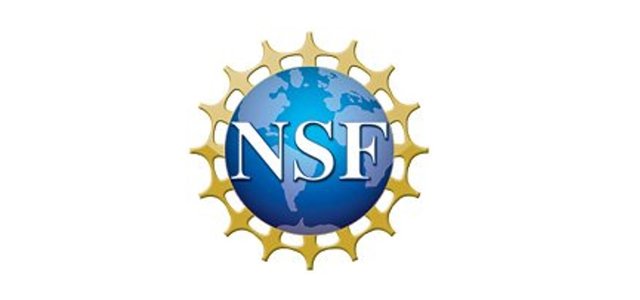
Moving Forward: Undergraduate STEM Education for the Future Survey
The Division of Undergraduate Education (DUE) of the National Science Foundation (NSF) would like to hear your thoughts on the future of Science, Technology, Engineering, and Mathematics (STEM) undergraduate education through an online survey. The responses are confidential, voluntary, and will only be analyzed and reported in aggregate. The Division will use the information in our planning of a large convocation of educators, education researchers, scientists, industry partners, and select student representatives to examine the status of undergraduate STEM education and to look ahead. Please note that this is a legitimate online survey that has been approved by the US Office of Management and Budget (OMB). The public reporting burden for this collection of information is estimated to average 10 minutes per response, including the time for reviewing instructions.
Please use the following web link to begin the survey: https://www.surveymonkey.com/r/STEMEd2026
SABER Discipline Based Education Research Scholars in Training (DBER-SiT) special interest group to host Twitter-based online Q & A sessions
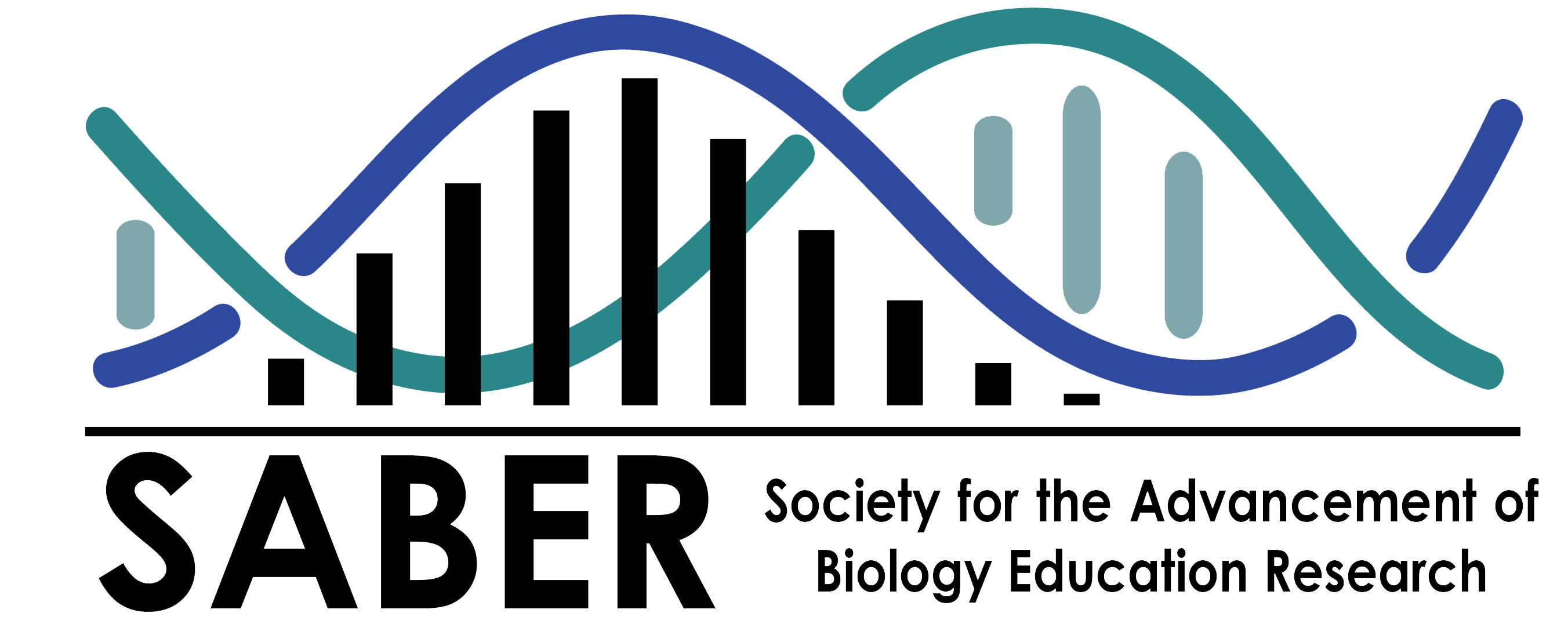
Join the Discipline Based Education Research Scholars in Training (DBER-SiT) special interest group at the Society for the Advancement of Biology Education Research (SABER) for Twitter-based online Q & A sessions every other week on Wednesdays from 12PM to 1PM CST. They will be hosted by the DBER-SiT Twitter account @DBER_SiT and using the hashtag: #SiTQADay
If you are interested in participating and lending your experience to the grad students, postdocs, and other scholars-in-training of SABER, please email Kathryn M. Parsley at: kmprsley@memphis.edu. In the email, be sure to include your Twitter handle, current job title, and general areas of research and/or teaching expertise so we can advertise the Q&A session ahead of time.
Gateways 2019: Early-bird rates until August 8; register by Sept. 9
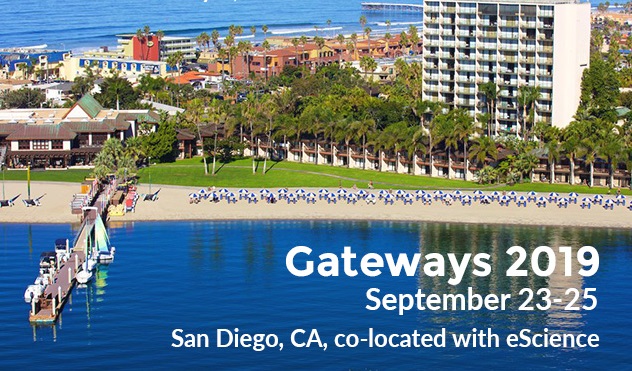
Gateways 2019
Monday through Wednesday, September 23-25, 2019
Hosted at the Catamaran Resort in San Diego, CA
https://sciencegateways.org/gateways2019
Science gateways connect components of advanced cyberinfrastructure behind streamlined, user-friendly interfaces. Join gateway creators and enthusiasts to learn, share, connect, and shape the future of gateways.
Early-bird registration is open through Thursday, August 8. (Regular registration closes Monday, Sept. 9.) Book your hotel now for the best rates!
The conference program is already brimming with exciting keynotes, tutorials, and sessions.
The Poster Session is open to all. The deadline to submit an abstract for your poster is Thurs., August 15.
Travel support is available for students and non-students! Find out what’s available and apply here.
This conference is organized by the Science Gateways Community Institute (https://sciencegateways.org). Questions? Please email help@sciencegateways.org.
The North Carolina State University State Biotechnology Program is hiring a Teaching Postdoctoral Scholar in molecular biology
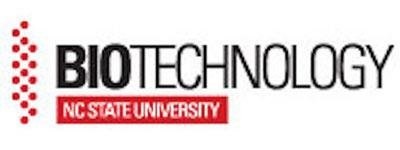
The NC State Biotechnology Program invites applications for a position as a Teaching Postdoctoral Scholar in molecular biology. The responsibilities for this position include teaching sections at the graduate and undergraduate levels of an existing course and developing and implementing a new lab course in the fellow's area of expertise. The fellow will also have opportunities for mentoring undergraduate researchers.
More information can be found: https://chroniclevitae.com/jobs/0000490865-01?utm_campaign=google_jobs_apply&utm_source=google_jobs_apply&utm_medium=organic
The National Ecological Observatory Network (NEON) has job openings for several positions
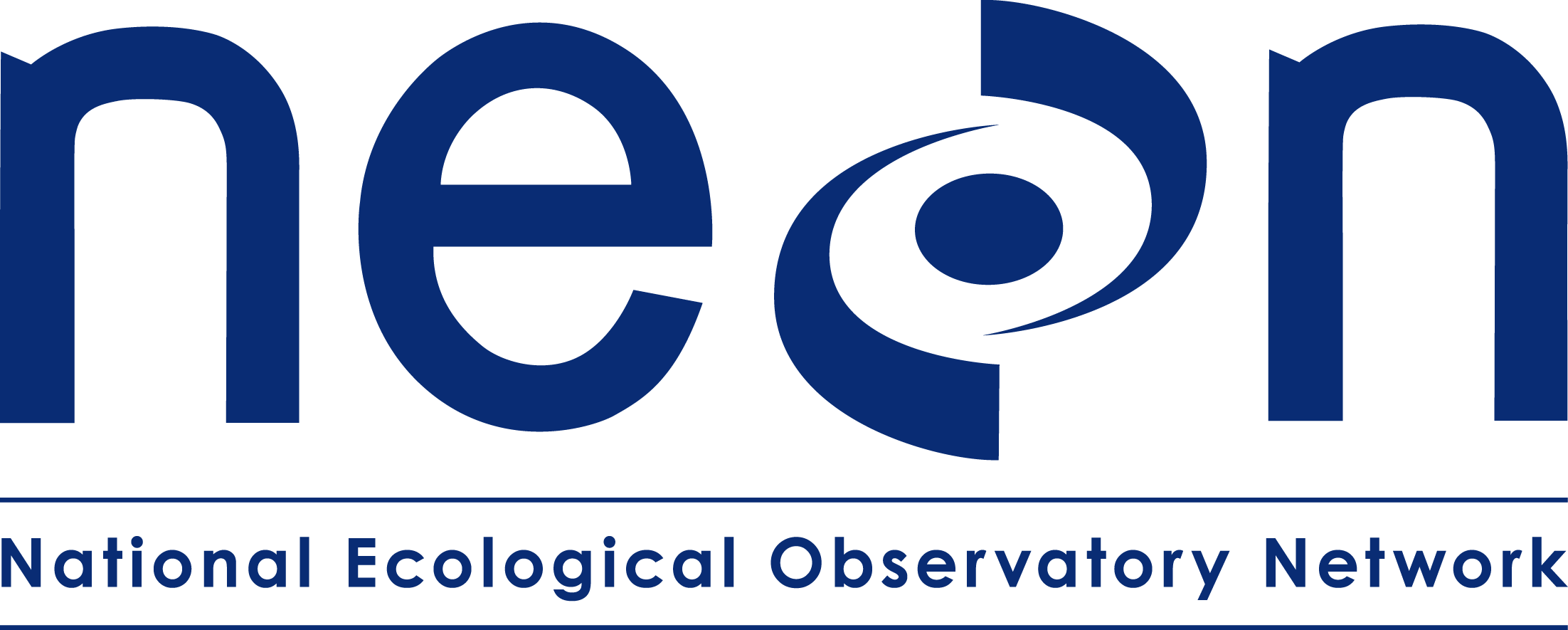
The National Ecological Observatory Network (NEON), an NSF-funded program operated by Battelle, currently has job openings for several positions that may be of interest to the QUBES Community.
Data Science Educator: The person in this position will create and implement training materials to provide data users the skills and knowledge to work with NEON data. Content delivery is online and in-person. Learn more about this position and apply.
Science Outreach Specialist: The person in this position will work in two main areas – outreach coordination (particularly outreach to the scientific community) and digital outreach. Learn more about this position and apply.
Research Scientists – Ecoinformatics: The person in this position will work on a variety of tasks to make NEON data more accessible to end users including data visualization tools, work with metadata, and database tasks. Learn more about this position and apply.
Curriculum Writer – Field Science Training: The person in this position will create and update training materials for the NEON Field Ecologists to collect standardized ecological data. Learn more about this position and apply.
There are no applications deadlines with applications being reviewed as they are received.
Registration is now open for the 20th Annual Conference on Case Study Teaching in Science presented by the National Center for Case Study Teaching in Science
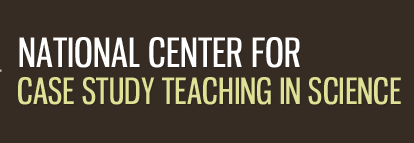
Registration is now open for our Fall Case Study Teaching in Science Conference, September 27-28, 2019, in Buffalo, NY, sponsored by the National Center for Case Study Teaching in Science, at the Buffalo Marriott Niagara.
Our conference offers sessions for both the beginner and advanced case study teacher and is formatted for college and high school teachers. In addition to our distinguished group of session teachers, we have brought in a noted scholar to address the general conference, Joseph Kim, Associate Professor in Psychology, Neuroscience and Behavior, McMaster University, Hamilton, Ontario, Canada to present on "Motivating Durable Learning: Focused Attention Through Instructional Design."
Workshop sessions this year will cover teaching cases using backward design, multimedia learning principles, developing cases using biointeractive videos, high school methods of engaging students, and more! Click here to learn more.
Do you have a product or result from a QUBES sponsored activity? Help us measure our success by sharing your product or result with QUBES. Learn how to cite QUBES.
|